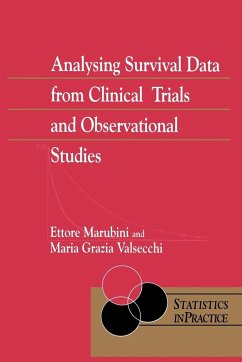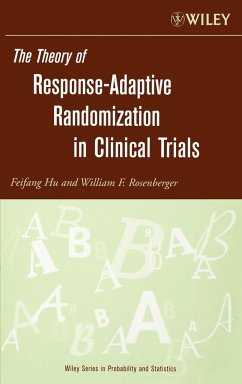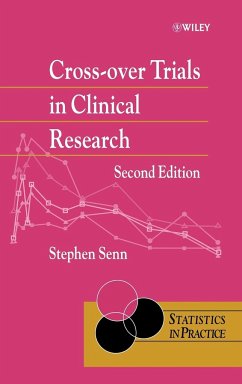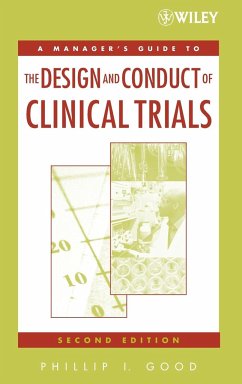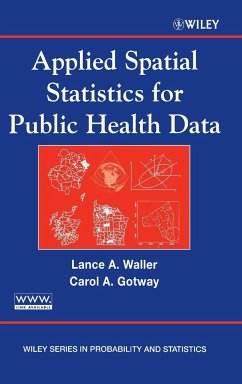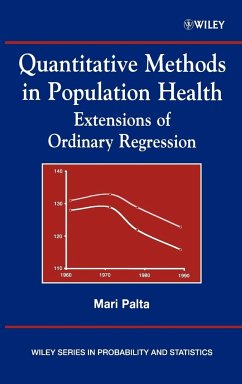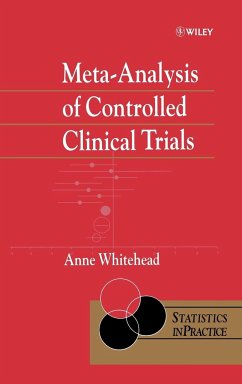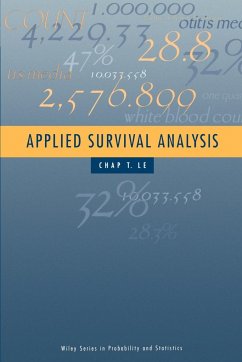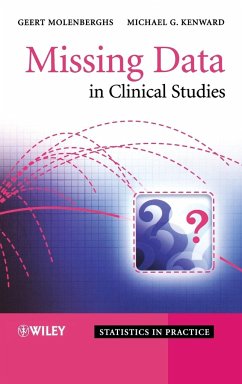Nicht lieferbar
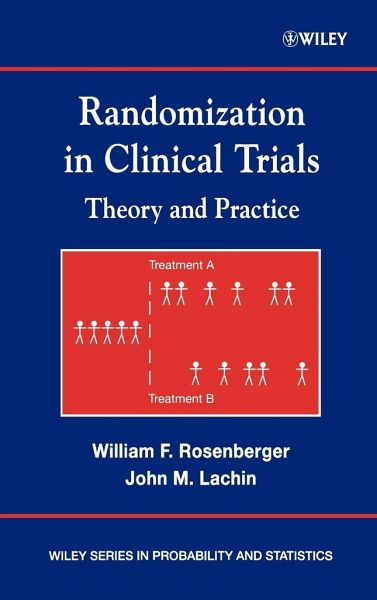
Randomization in Clinical Tria
Versandkostenfrei!
Nicht lieferbar
Randomization is a key element in the development of clinical drugs. This volume represents the first comprehensive guide to randimization techniques in clinical trials. Despite its central importance, none of the books on statistical methods for clinical trials provides more than a cursory introduction to the topic. This book provides a consolidated review of the field with relevant and practical discussions of applications to government, industry, and academia.
A unique overview that melds the concepts of conditional probability and stochastic processes into real-life applicationsThe role of randomization techniques in clinical trials has become increasingly important. This comprehensive guide combines both the applied aspects of randomization in clinical trials with a probabilistic treatment of properties of randomization. Taking an unabashedly non-Bayesian and nonparametric approach to inference, the book focuses on the linear rank test under a randomization model, with added discussion on likelihood-based inference as it relates to sufficiency and ancillarity. Developments in stochastic processes and applied probability are also given where appropriate. Intuition is stressed over mathematics, but not without a clear development of the latter in the context of the former.Providing a consolidated review of the field, the book includes relevant and practical discussions of: The benefits of randomization in terms of reduction of bias Randomization as a basis for inference Covariate-adaptive and response-adaptive randomization Current philosophies, controversies, and new developmentsWith ample problem sets, theoretical exercises, and short computer simulations using SAS, Randomization in Clinical Trials: Theory and Practice is equally useful as a standard textbook in biostatistics graduate programs as well as a reliable reference for biostatisticians in practice.




